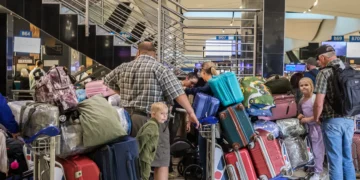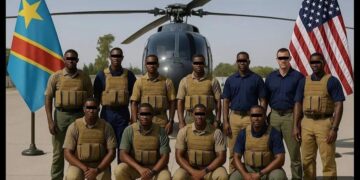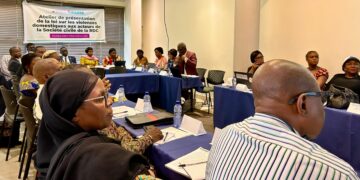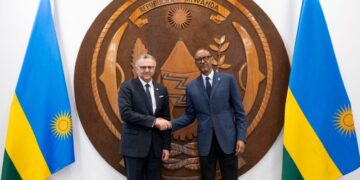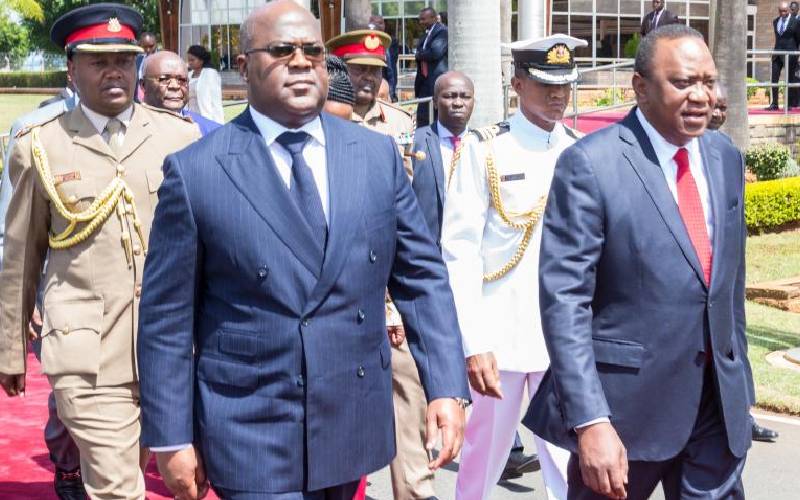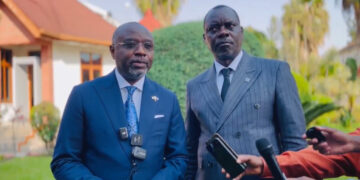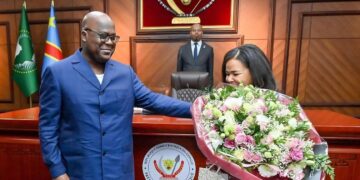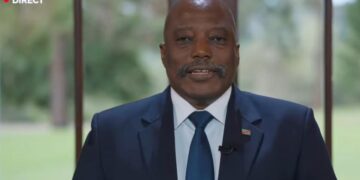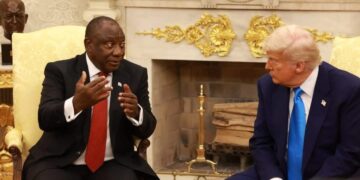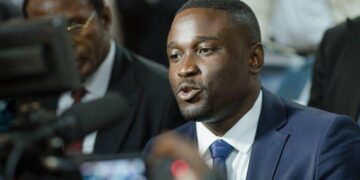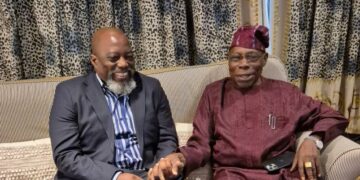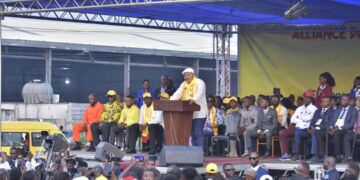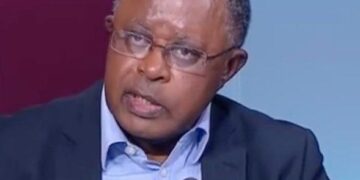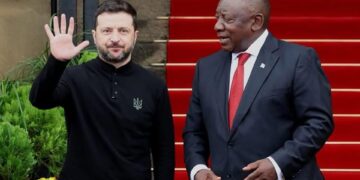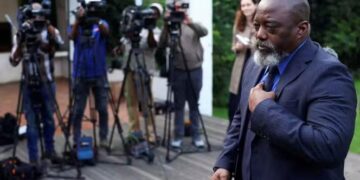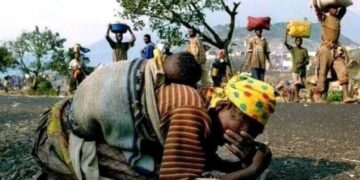A Military in Crisis
Speaking candidly before his French counterparts, Mpanda Kabangu emphasized that the Forces Armées de la République Démocratique du Congo (FARDC) face immense structural and operational challenges. The Congolese army has been struggling for years against a backdrop of armed group activity, corruption, inadequate training, and logistical shortcomings.
“President Tshisekedi did not take over a strong, functional army. Instead, he inherited a military force that had been neglected for years, plagued by mismanagement and lack of modernization,” Mpanda Kabangu stated.
Persistent Insecurity in the East
The senator highlighted the ongoing security crisis in the eastern provinces, where groups such as the March 23 Movement (M23) and other armed factions continue to challenge state authority. Despite government efforts, the FARDC has often struggled to repel these insurgencies due to insufficient resources and outdated military strategies.
He further called on France and other international partners to increase military cooperation with the DRC, particularly in terms of equipment, intelligence sharing, and training. “We cannot fight terrorism and rebel movements alone. Stronger partnerships are necessary,” he urged.
Reforming the Armed Forces
Since taking office in 2019, President Tshisekedi has launched several military reforms aimed at strengthening the FARDC. However, progress has been slow due to deep-rooted issues within the defense sector. Senator Mpanda Kabangu acknowledged these efforts but stressed that more needs to be done, particularly in eradicating corruption and ensuring better military governance.
A Call for Support
Mpanda Kabangu’s speech in Paris serves as a reminder of the critical security challenges facing the DRC. As the country prepares for the future, ensuring a well-trained, well-equipped, and professional army remains a key priority. The senator’s appeal to France and the broader international community highlights the necessity of global cooperation in stabilizing one of Africa’s most volatile regions.
Conclusion
The Democratic Republic of the Congo remains at a crossroads, facing both internal military weaknesses and external security threats. As President Tshisekedi pushes for reforms, voices like Senator José Mpanda Kabangu continue to emphasize the need for international solidarity and urgent military restructuring to secure the nation’s sovereignty and long-term stability.


